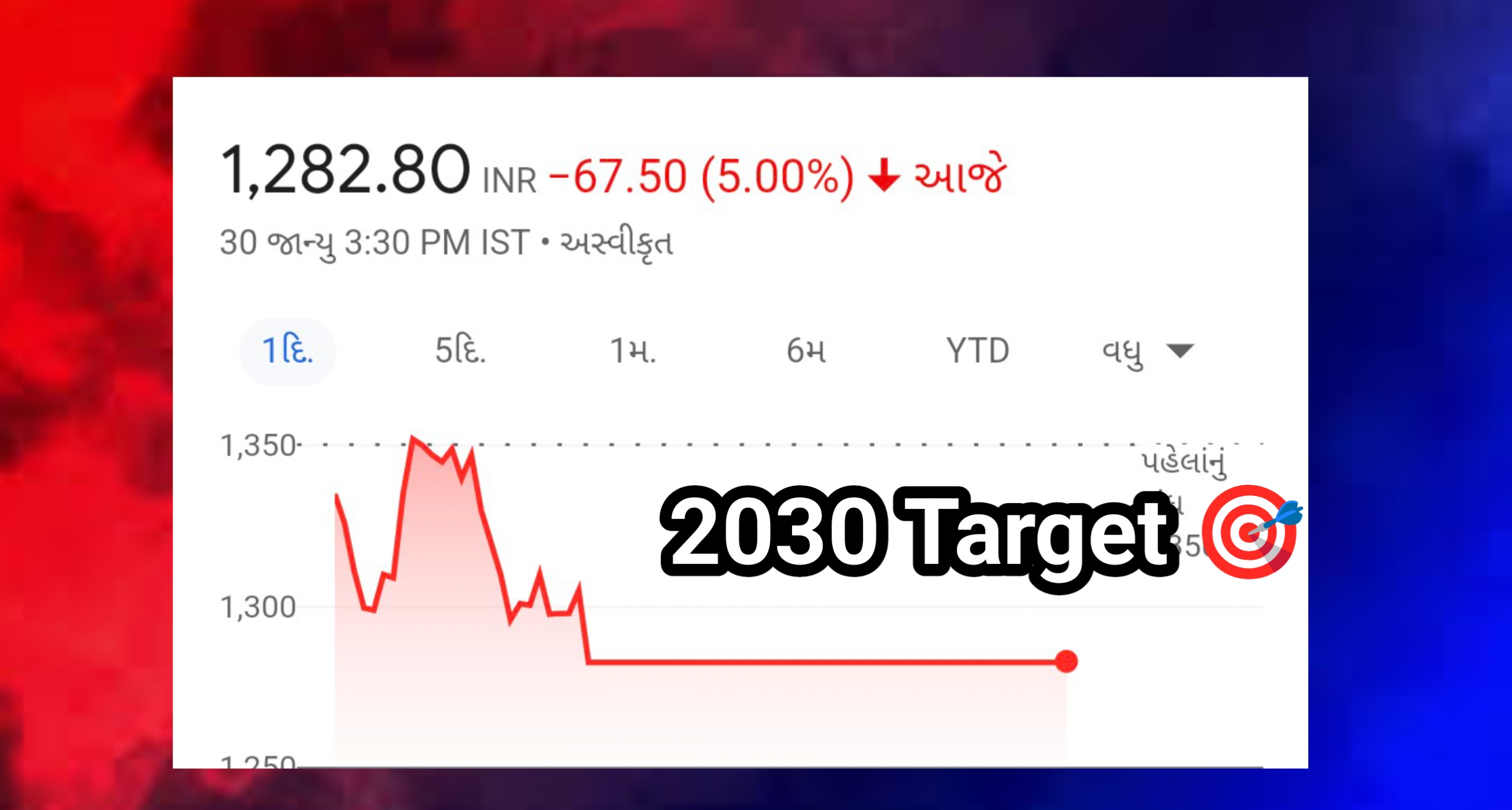
The speaker has been gradually increasing their position in Websol Energy, starting from ₹1.74 per share, adding aggressively in the ₹900 to ₹1000 range, and making smaller incremental purchases in the ₹1500-1600 range recently. This approach involves careful monitoring, ensuring purchases aren’t too aggressive at higher levels.
The speaker is looking for 4x to 5x returns in the next 4 to 5 years, with expectations for Websol Energy’s market cap to rise from ₹7000 crores to ₹25000-30000 crores by 2030. This optimistic forecast is based on production expansions and revenue growth anticipated in the coming quarters and years.
The company’s quarterly results are expected to show significant revenue growth, especially with the second phase of production ramping up. The speaker projects a net profit of ₹150 crores by March 2025, which could push the stock price up to ₹1500-1600.
The company is working on reducing its debt and increasing reserves. The CEO, Mohan Lal Agarwal, has been executing strategies effectively, which the market has appreciated. This is a positive indicator for the company’s future financial health, potentially making it debt-free in a few years.
From a technical perspective, the stock has shown resilience, bouncing back after corrections, and the previous resistance level is now acting as support. The speaker anticipates that if the broader market (Nifty) remains stable, the stock could reach new highs following strong quarterly results.
The speaker’s initial expectation was a seven-year horizon to reach a ₹2000 target price, but the stock has already delivered significant returns (10x) since purchasing at ₹1.74, largely due to the timely execution of promises by the management.
This kind of strategy is aligned with a long-term, fundamental investing approach where the investor closely monitors company growth, management actions, and the broader market environment to make informed decisions. It’s also a good example of how technical analysis and fundamental analysis can complement each other in building an investment portfolio.
The speaker suggests that while former President Trump’s stance against renewable energy may be linked to the US's vast oil reserves, it won’t significantly affect companies like Wessel Energy. Wessel Energy focuses on manufacturing solar cells and modules, with operations in India, selling primarily within the Indian market.
Wessel Energy's growth isn't directly influenced by US policies, as the company doesn't depend on US-produced raw materials or markets. The speaker emphasizes that Indian government support for renewable energy ensures long-term growth for companies like Wessel.
The Indian government’s strong push for renewable energy, with a target of 50% renewable energy consumption by 2030, is crucial for the sector’s success. The speaker is optimistic that, as long as this vision is maintained, Wessel Energy will benefit, given its role in the solar industry.
The company’s manufacturing capacity is set to increase significantly, from 600 MW to 2500 MW by 2027, which will boost revenue and profits.
This early investment in expanding production could position Wessel Energy as a leader, potentially outpacing its competitors who are still in the process of ramping up production.
Wessel Energy is expected to report improved financials in the near term, with an estimated revenue of ₹170-180 crore and net profit of ₹60 crore in the upcoming quarterly results.
The speaker forecasts that by March 2025, the company could be reporting a net profit of ₹150 crore, leading to a significant increase in stock valuation.
The stock has shown strong recovery after dips, making it technically solid. Despite occasional fluctuations, the stock continues to demonstrate resilience, and the speaker doesn’t expect it to fall back to previous lows like ₹700.
On the monthly chart, the speaker notes that the stock is consolidating and could see further upward movement if the upcoming quarterly results are strong. The market values stocks with consistent performance and reliable management, which Wessel Energy seems to exemplify.
The entry of institutional investors (FIs and DIIs) into Wessel Energy is seen as a positive development, though it may lead to more volatility in the short term. This could indicate greater interest in the stock as it gains momentum.
Despite the volatility, the company’s management under CEO Sohanlal Agarwal is praised for executing its plans effectively, which has earned market trust and led to strong performance.
The speaker follows a pyramiding strategy (gradually adding to positions) and believes in averaging down in promising stocks. They’ve been consistently buying Wessel Energy even after its 10x return since November 2023.
The speaker also emphasizes that this video is educational, and viewers should conduct their own research before investing.